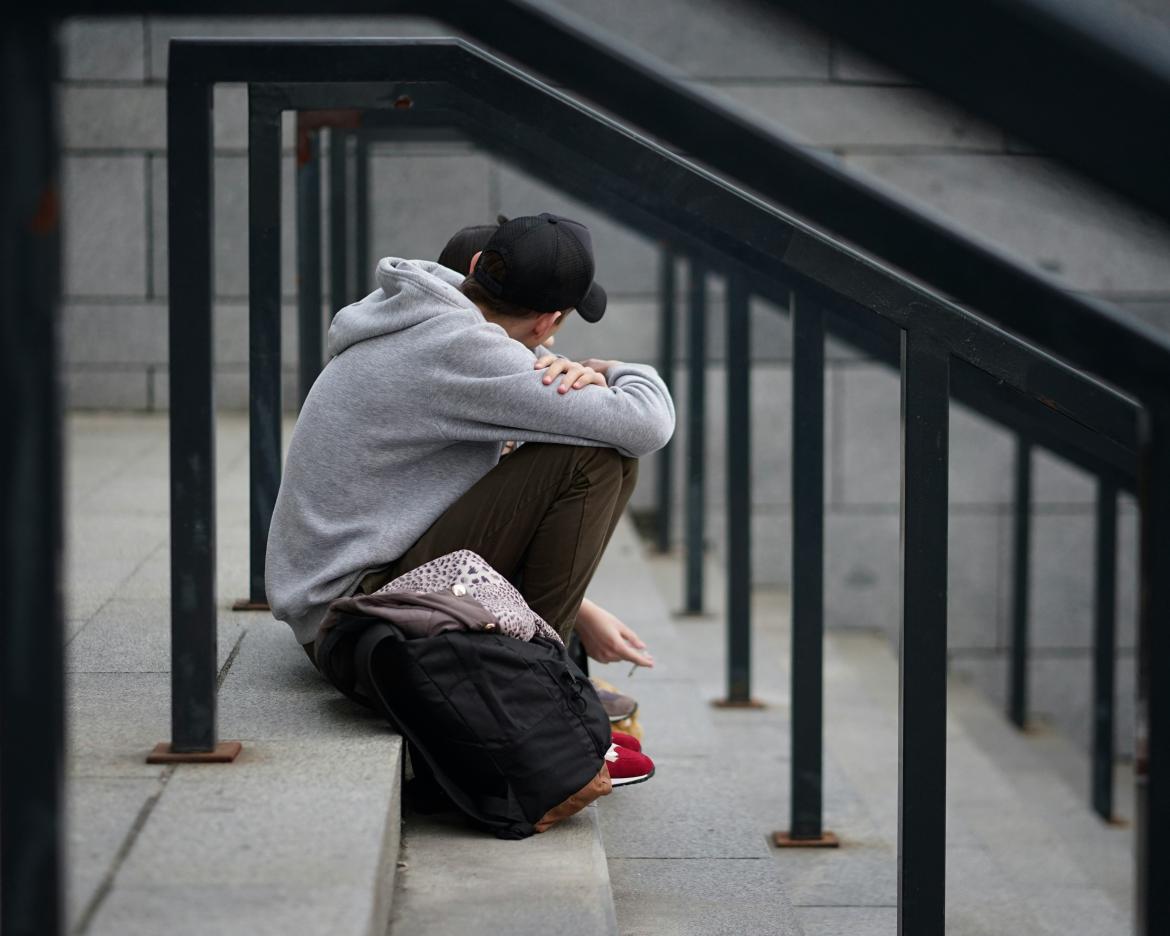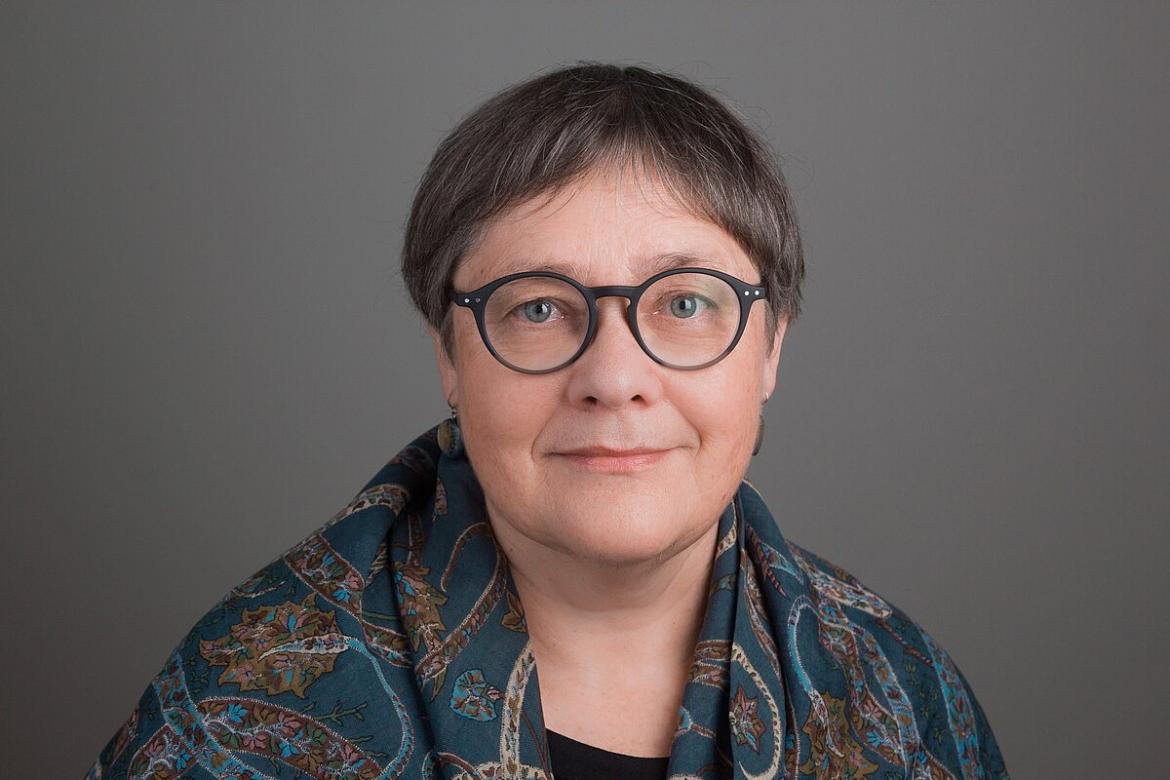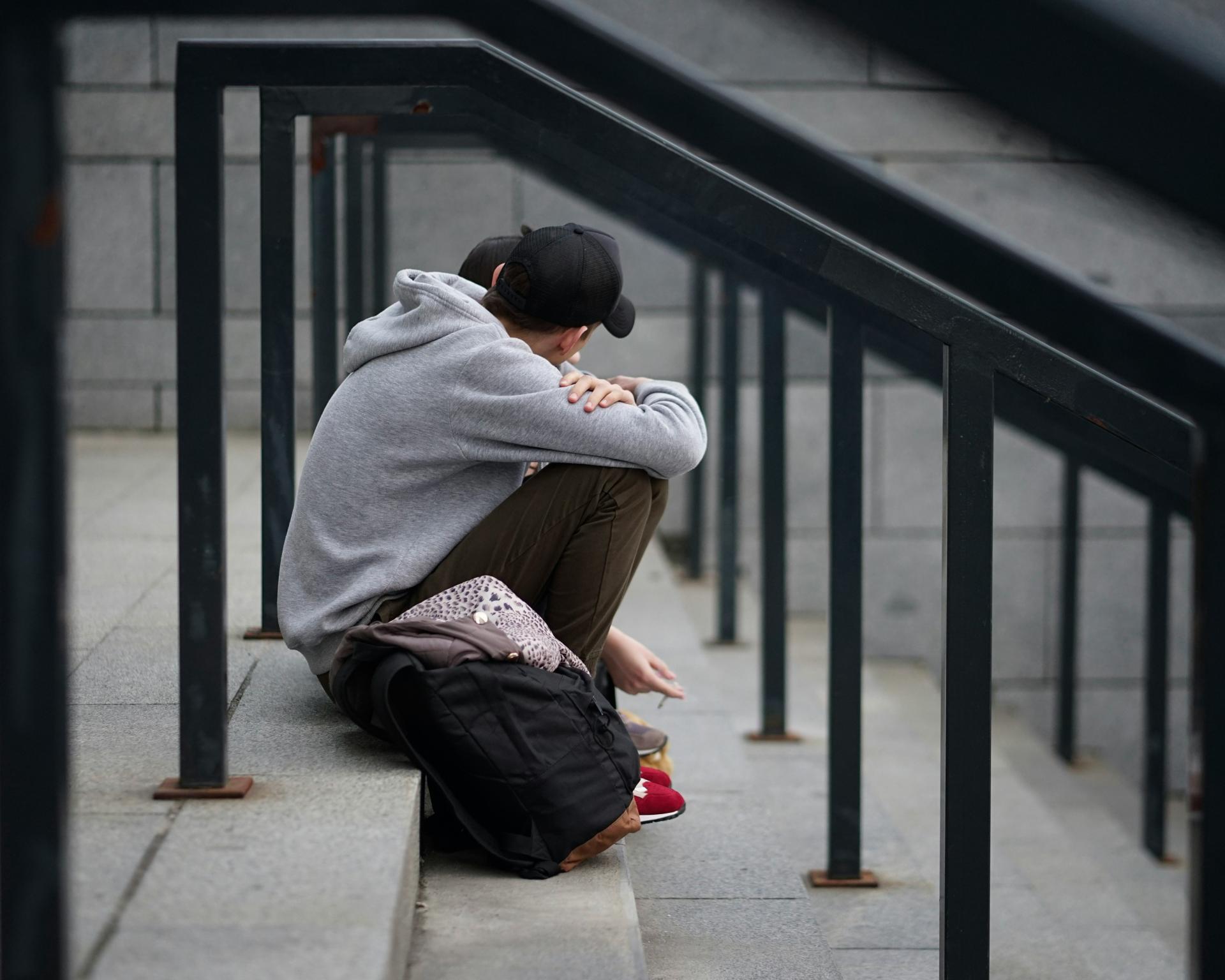Professor Aija Zobena, Director of the Institute of Social and Political Research at the Faculty of Economics and Social Sciences (FESS) of the University of Latvia (UL), will lead a fundamental research project that will provide a new perspective on how young people in Latvia perceive policies restricting the use of addictive substances. The study will explore how trust in institutions and authorities influences young people's attitudes toward regulations and will offer practical solutions for improving public health.

The Latvian Council of Science (LCS) has granted funding for a fundamental and applied research project titled “Behavioral and Cultural Aspects of Compliance with Substance Use Regulation Among Youth in Latvia,” which will be led by Professor Aija Zobena from the University of Latvia’s Faculty of Economics and Social Sciences (FESS). The project is scheduled to be implemented over a three-year period and is expected to make a significant contribution to public health policy and scientific research.
Understanding Youth Behavior and Cultural Context
The aim of the research is to determine how Latvian youth aged 16 to 30 perceive and respond to policies restricting the use of addictive substances, and how trust and interaction with authority affect the alignment of these policies with behavioral and cultural norms.
“The project fills a crucial gap in both local and international academic discourse by offering a fact-based and theoretically grounded analysis of how youth comply - or fail to comply - with restrictions on addictive substances, such as bans on selling tobacco and nicotine products to minors,” explains Professor Aija Zobena. “Combining the Slippery Slope Framework (SSF) and the Behavioral and Cultural Insight (BCI) approach offers a new perspective on how to bridge the gap between policymakers and youth subcultures, helping to understand how young people perceive policy and its rationale, and how their thinking influences whether they comply with or resist regulations.”
The research will also investigate why some young people’s experimentation with substances remains occasional, while others fall into serious addiction. “Adolescents are prone to risk-taking and experimentation, including with substances that may lead to addiction. We want to explore the social and behavioral factors that determine why, for some, these experiments are just fleeting episodes, while for others, they become a path to serious substance dependence,” Zobena notes.
The study will also assess how effectively young people are reached by communication campaigns, restrictions, and prohibitions. Interviews will be conducted with social workers, police officers, teachers, and school social workers to understand their perspectives as well.
New Challenges for Public Health
The relevance of this research is underscored by the rapid rise in the use of new addictive substances among youth, which presents serious challenges to public health and safety. Project reviewers noted: “The combination of SSF (for studying gradual behavioral change) and BCI (a behavioral and cultural approach) provides a commendably original perspective that can lead to better understanding and practical solutions for a highly important social issue.”
The results could help improve policy planning by offering practical recommendations to policymakers, educators, and health organizations. “By promoting the reduction of addictive substance use, the project could have a positive impact on both the economy and society,” reviewers concluded, also emphasizing that the outcomes could lower healthcare costs, increase productivity, and strengthen social cohesion. Furthermore, the insights could be applicable to other areas such as vaccine hesitancy or public understanding of antimicrobial resistance.
The project has significant international potential, as noted by reviewers: “The findings could be applied in other EU contexts, though transferability will depend on political and cultural conditions in specific countries.” Conclusions from the study may also inform the development of legislation and directives at the European level, including cooperation with the EU Solidarity Corps to engage young people.
Long-Term Work and International Collaboration
Aija Zobena has been working on issues related to addictive substances for several years, and this project represents a culmination of her previous research efforts. “Only by closely following social processes over time is it possible to identify issues that may adversely affect society in the future,” the professor states. “Research experience and intuition help in choosing socially relevant topics and gradually bringing together research teams capable of providing a multidisciplinary view on pressing social problems.”
Each proposal submitted to LCS competitions receives a consolidated evaluation—a consensus opinion from several internationally recognized experts on the quality of the application and suggestions for improvement. The LCS’s fundamental research grants provide an opportunity to highlight research topics that may not yet be widely recognized by the public but could become urgent in areas undergoing rapid development.
Professor Zobena points out that youth substance use is precisely such an issue. Both the legal and illegal markets for these substances are evolving rapidly, backed by the tobacco and nicotine product industries as well as "black market" players.
The project's aim is not only academic research but also the development of practical solutions. “Our toolbox doesn’t only include ‘prohibit’ or ‘restrict’; we also have tools like building trust and integrating cultural understanding,” Zobena emphasizes, noting that bans alone are not sufficiently effective.
The project’s international dimension will be strengthened by collaboration with experts such as Professor Johannes Wheeldon (USA), Bernd Werse (Germany), and Aija Pelne (Center for Disease Prevention and Control of Latvia – SPKC), who will serve on the project’s advisory board.

Team: Diverse Expertise from Within and Beyond the University of Latvia
The project will be implemented by a team of nine researchers under the leadership of Professor Aija Zobena. The main researcher of the project will be tenured professor Inta Mieriņa from the Faculty of Economics and Social Sciences (FESS). The research team includes experienced scientists and professionals from various fields:
- Dr.sc.comm. Klinta Ločmele, who will study the effectiveness of communication strategies;
- Dr.sc.soc. Jurijs Ņikišins, who will organize surveys and interviews;
- Mg.sc.soc. Aiga Romāne-Meiere, representing an NGO and working with street-involved youth;
Four PhD students:
- Kristiāna Deivisa (specializing in drug use issues),
- Agnese Zīle (expert from the Ministry of the Interior),
- Solvita Lazdiņa (coordinator at Euronet), and
- Staņislavs Šeiko (violence researcher).
“The research is being developed by a team of scientists that includes all generations – both experienced researchers with professional backgrounds in international research programs and academic networks, and doctoral students and PhD candidates. In this way, the grant and the project support a generational renewal in the field of social sciences,” explains Professor Aija Zobena.
From Science to Societal Benefit
The outcomes of the research will not only include findings and policy recommendations, but also scientific publications in internationally recognized journals and a special monograph in Latvian.
This research project underscores the importance of social sciences in addressing critical societal issues by offering not only theoretical analysis but also concrete practical solutions. These are aimed at designing more effective measures to prevent substance use among youth, thus strengthening public health and social cohesion.
In outlining the mission for her team over the next three years, Professor Aija Zobena states:
“The responsibilities of social sciences include ensuring the sustainability of society – by supporting the integration of the new generation and addressing various social issues – and also helping society not only to use the new technologies at its disposal but also to critically evaluate the risks they may pose.”


